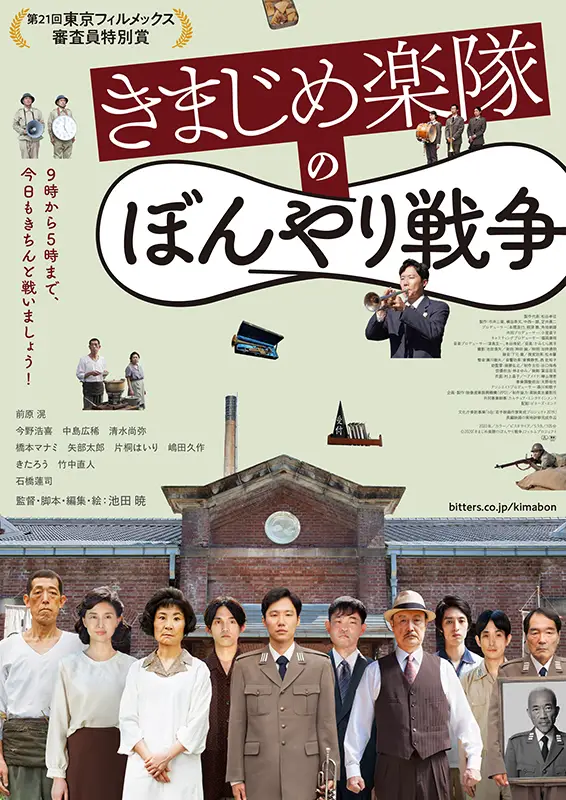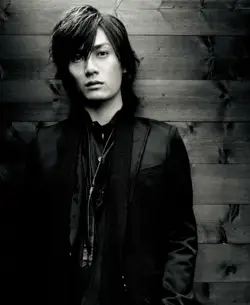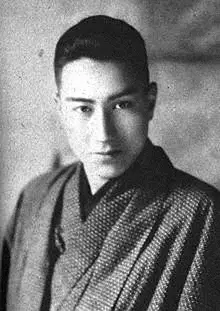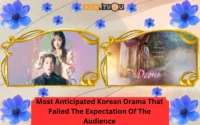
Movie Digest
The movie is about two women who cross paths because of a man, director Yuki Sode skilfully poses a commentary on the differences between classes in contemporary Japan and what it means for women subjected to the patriarchal norms of the society. Based on the novel ‘Anoko ha kizoku’ by Maria Yamauchi, this film explores the fates of two women who are part of different classes in society. It tries to explore what it means to be a part of each class as the two women and what their fate holds for them. It opens a conversation about the patriarchal norms every woman has to subject herself to despite being from an elitist class. Hanako and Miki are our main leading ladies, who personify the difference in class the director wanted to emphasize through this story.
The Feel-Good Part
Yukiko Sode very cleverly uses the paradox of storytelling in this film. One might go into this film expecting it to be full of drama, but precisely because it is void of any drama it comes under the genre of drama. We see Hanako, a woman who hails from a prestigious family of doctors, nearing thirty and wishing to get married so that she does not bring shame to her family. Notice the irony here, she has autonomy at every point in her life objectively speaking but all her liberty is at the mercy of maintaining the family name and performing roles of tradition as and when required. The movie is an eye-opener on how women are a minority despite being part of an elitist class. Her husband is having an affair with a girl named Miki. Miki arrives from a humble background. Here we can see that a male in an elitist class performs roles prescribed prematurely to him but at the same is afforded a life outside of it without any repercussions. This makes the viewers question where does optimal liberty for women begin and ends at? Because it’s certainly not amicable at any social level as we witnessed. An extremely thought-provoking, subtle drama piece of film.
The Disappointing Factor
This film like mentioned has no drama except maybe to show a little bit of affection between the main participants. Majorly this film was made by Sode to question the double standards at which women operate on levels in society that men are free from. Since there is no drama, for some this film might come across as dry. But it is important to remember the essence of this film does not lie in its expression of drama, but rather in provoking a conversation to dispel notions of liberty that are surrounding the present-day time. There rarely is anything wrong with this film because it mainly deals with the impact of societal norms on women just to maintain their status and receive the perks of life.
In-Depth Analysis
We see the affluent Haibara family that Hanako comes from, create a wedge between themselves and the plebians. In this case, the classes are lower than theirs. It shows that the exploitative nature of elitist classes for women and for women in classes different than that acts as an industry. So just one person revolting by divorce due to infidelity or other issues is not going to absolve the norms in place. The film is successful in portraying the trajectory of these two women, Hanako and Miki, and how they perform in the backgrounds that they grew up in. it’s a commentary on class, and how women within their circles have to perform or are involuntarily subject to the norms. We are all bound by invisible standards present in society. This film tries to bring that forth with the element of romance in it.
Star Power
Mugi Kadowaki acts as Hanako, Kiko Mizuhara as Miki in this film. Kengo Kora is the fiancé who brings the former two characters together. All parts are played well by the cast. Kiko Mizuhara has acted in the Live-action film Attack on Titan, which is already popular as an anime and manga by Hajime Isayama, as the main lead Mikasa Ackerman.
Overall Opinion
Yukiko is always credited with works that are in the grey area. She has always tried to explore these much intricately as possible on the big screen. Much of her work is revolving around affirmation, objectivity conformation, and division. In this film too we see how there are polarising differences in the standard of lifestyle amongst the characters. It’s a commentary on class through visual contextualization. This is what makes the film so appealing to sit through. An extremely enjoyable watch.




















